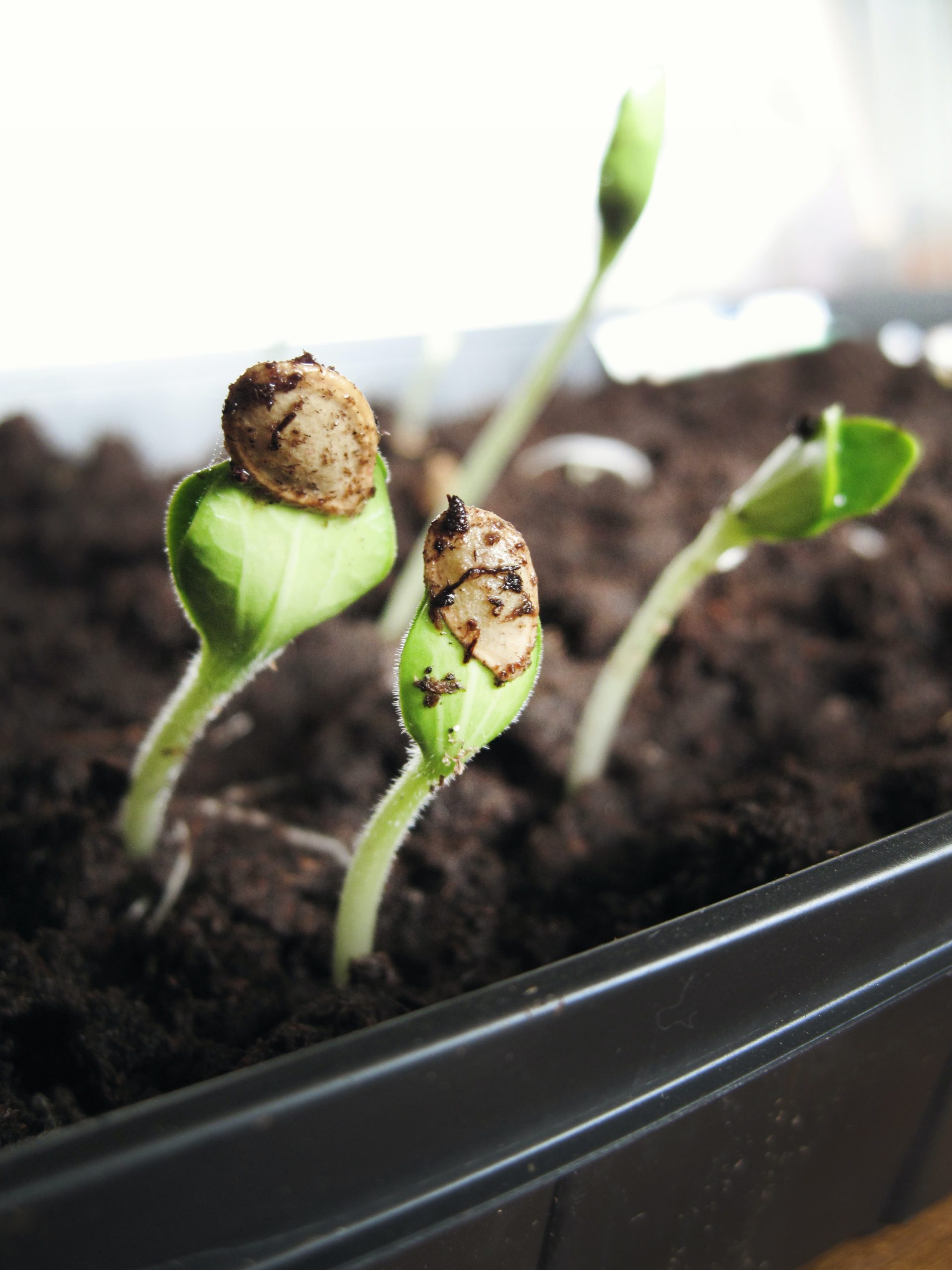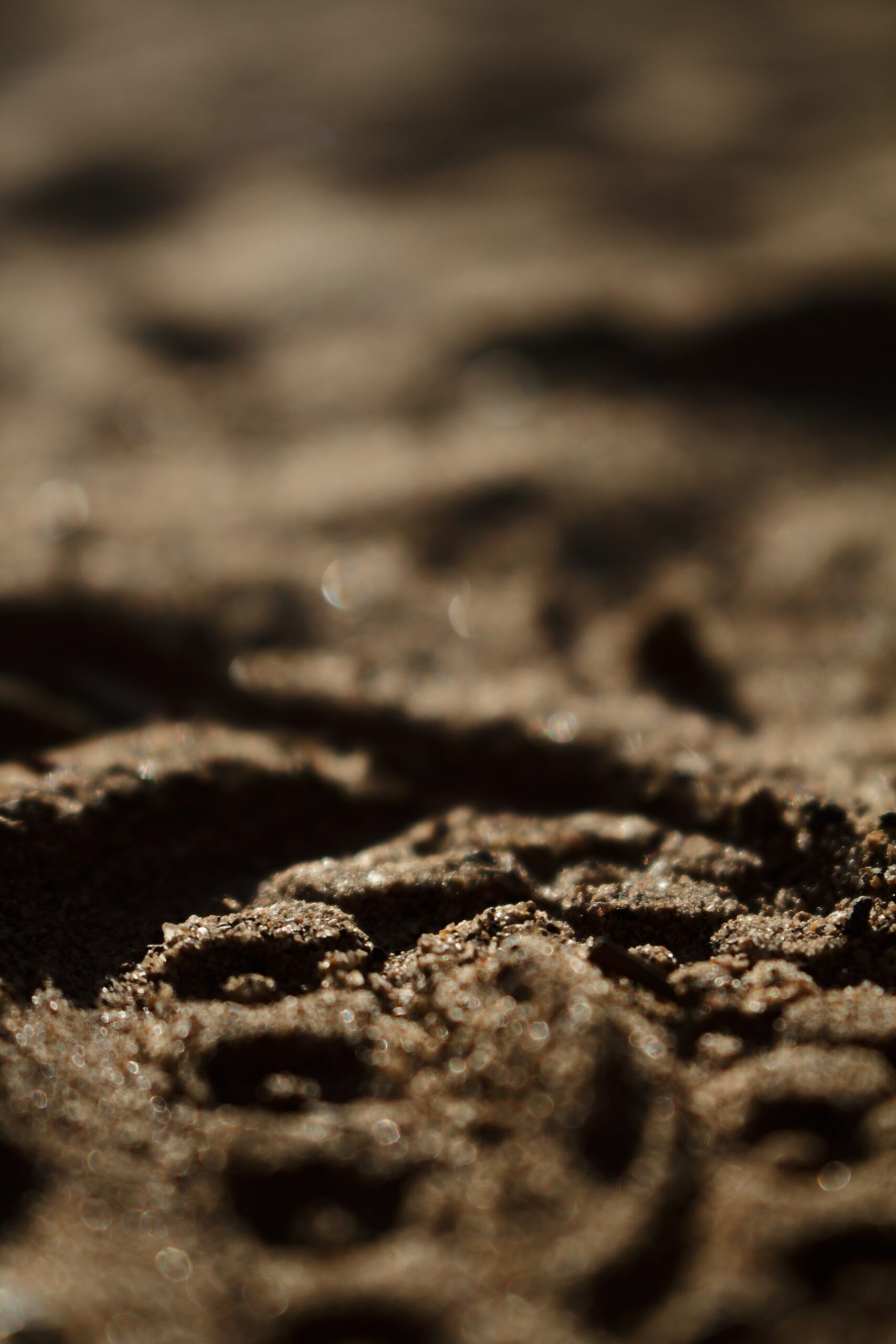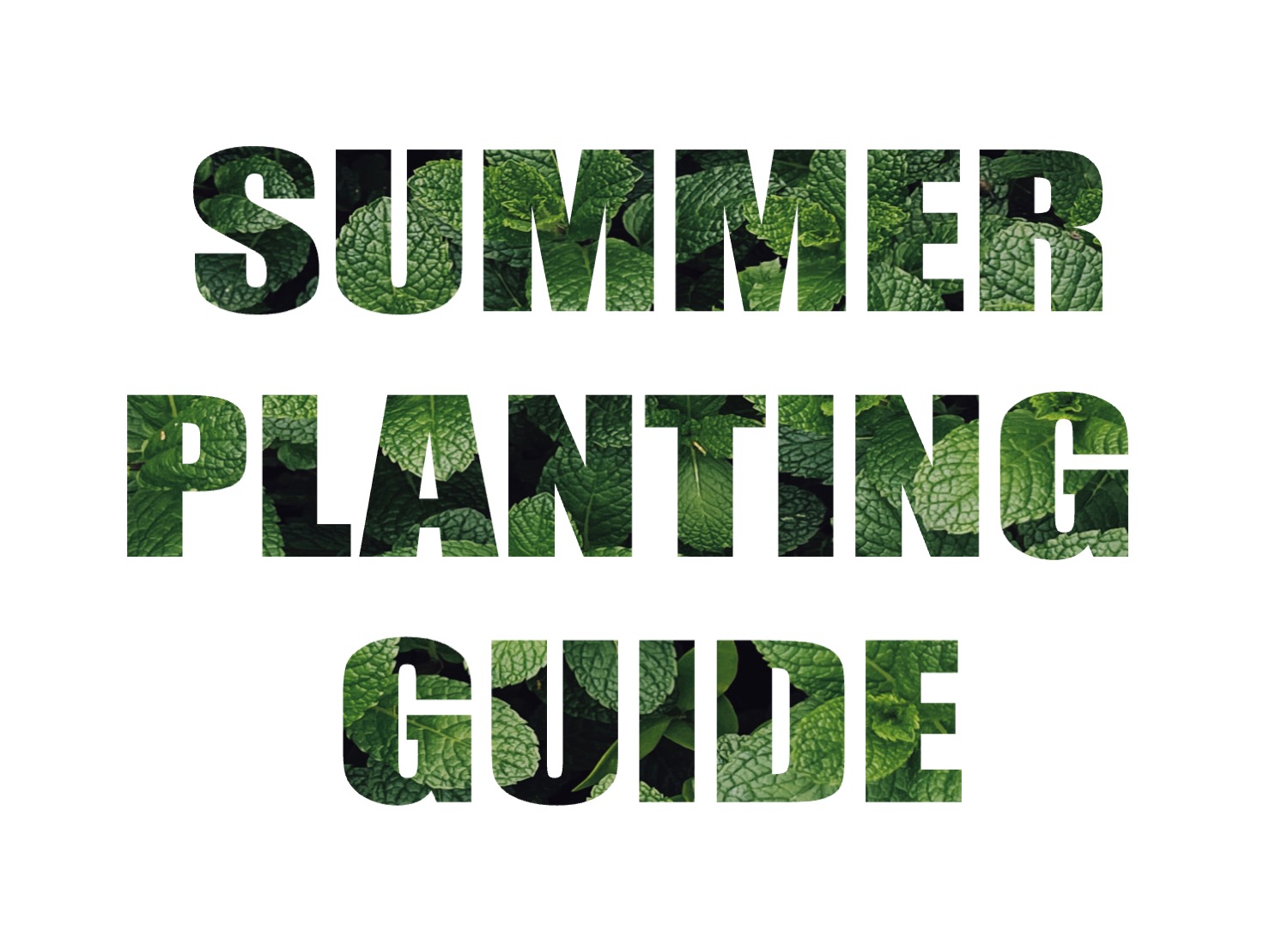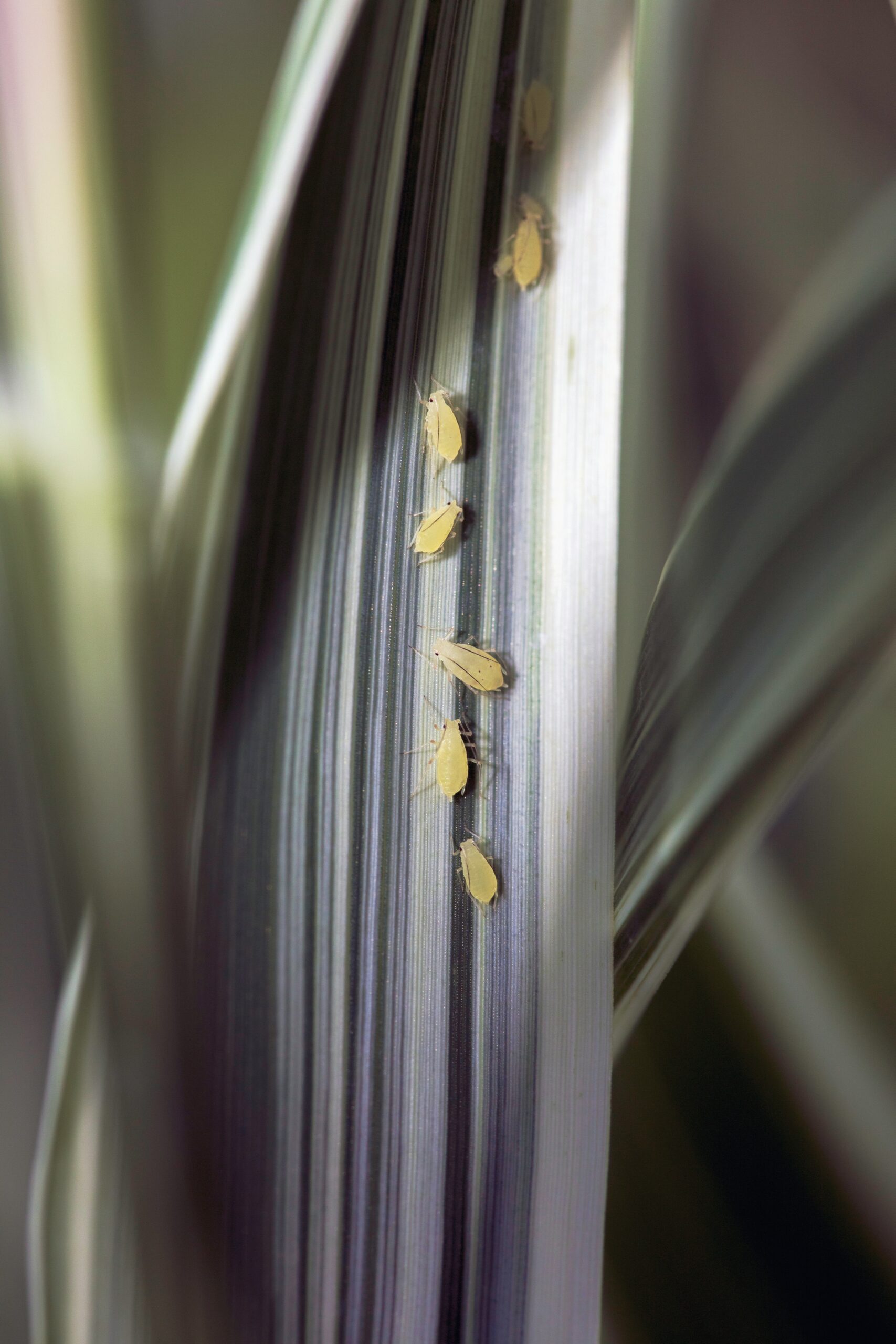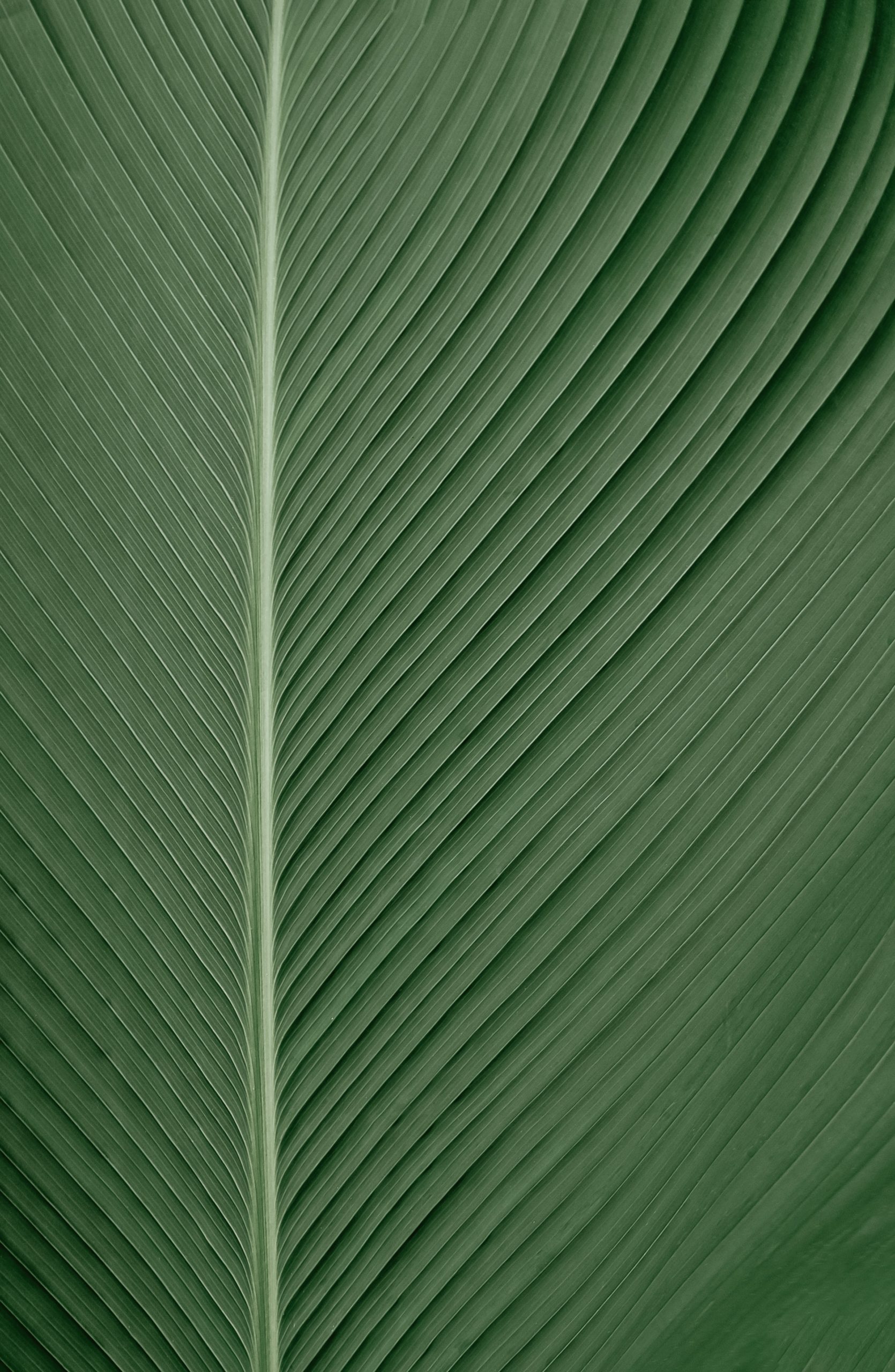The age-old question: is it better to grow from seeds or clones? As you’ll see below, the answer depends on the needs of the individual grower.
Clone Advantages
- Predictability. You know exactly what you’re getting. Clones will consistently have the exact same grow characteristics, flavour profile, and overall phenotype as their mother plant. So, if you’ve found a desirable phenotype that you want to continue working with, cloning could be a good option for you.
- Time saving. Clones have a shorter vegetation period, and they will also grow faster during the veg stage because their cells are the same genetic age as their mother plant.
- Stability. If carefully managed, one single mother plant can survive for years, providing growers with a long-term, stable harvest and new clones.
- Always female. Clones from a female mother plant will always produce another female plant. This allows growers to avoid the 50/50 chance that comes with growing from regular seeds.
Clone Disadvantages
- Genetic Flaws. Unfortunately, clones will carry any genetic flaws from their mother’s DNA. Clones can also carry hidden genetic defects that may only express themselves months later. They can also carry pests and diseases inherited from the mother plant. Finally, genetic mutations can and do occur in cloned plants and are passed on through cuttings.
- Pesticides. Pesticides are often used to protect mother plants. These pesticides can accumulate in the tissue of the mother plant contaminating any future cuttings.
- No taproot. Clones will never develop a taproot. The lack of a taproot affects the vigor of a cloned plant when compared to the growth rate of a plant grown from seed.
- One sided nodes. Clones develop one sided nodes: each time the stem of a clone splits into branches, it only develops one single branch per node.
- Clones are delicate. If you don’t handle your cuttings precisely, they’ll die before they put out roots. Cleanliness in particular is critical to a clone’s success. Aside from inflicting transplant shock on the clone, the cut part creates an easy passage for pathogens such as bacteria, viruses, and fungi to weave their way in, causing infection.
- Controversial: Clonal decay. There is no consensus on the issue of clonal degradation and it’s controversial within the grower community, but it describes the notion that clones drift away from the mother plant’s genes over subsequent generations, resulting in weaker plants that yield less and become more susceptible to pests and diseases. To go further down this rabbit hole, search epigenetics.
Seed Advantages
- Seeds are unique. Each seed is a unique individual, with a unique phenotype. Seeds from the same strain, produced by the same female plant (single genotype), can grow into plants with varying phenotypes. This pheno variance is due to natural reproduction: when pollen from a male plant touches the pistil of a female plant, the resulting seeds carry various combinations of both parent’s DNA (genotype). This process keeps the species evolving, producing random new phenotypes that may be even better than their parents.
- Superior root system. After germination, seeds develop a large taproot, which travels as far down into the soil as it can. The taproot serves as an anchor, increasing the stability of the plant. This vertical root will go on to develop lateral roots horizontally, ensuring a deep-rooted plant.
- Two sided nodes. Plants from seeds develop two-sided nodes. Each time the stem of a plant grown from seed splits into branches, it develop two branches per node.
- Breed your own strains. The hunt for new and better phenos can be exciting and gratifying and each pheno can yield surprising results. Experimental growers may wish to develop their own strains from which they may eventually decide to take cuttings.
- Accessibility. Seeds are often more accessible than clones.
- Natural. Some purist growers argue that growing from seed is more natural, and that fresh genetics result in more vigorous plants.
Seed Disadvantages
- Slow to start. Plants from seeds are slower to start. It can take up to a week to see the first signs of life emerge from the soil. After that, add another week or two for your plant to become a mature seedling. It might not seem like long, but there’s a reason that fast autoflowering strains are as popular as they are.
- Watch out for males. Unless growing from feminized seeds, your plants may emerge as male or female.
- Failure rate. Unfortunately, seeds don’t always germinate.
- Variation. All of your plants will be different. If you’re growing five plants, they will all have different traits. Using seeds makes it pretty much impossible to have a uniform crop.
So, which is better? That depends on what you’re looking for. Are you after the stability and uniformity that clones and mother plants can offer? Or are you more interested in starting with fresh genetics, and hunting for new and better phenos?


